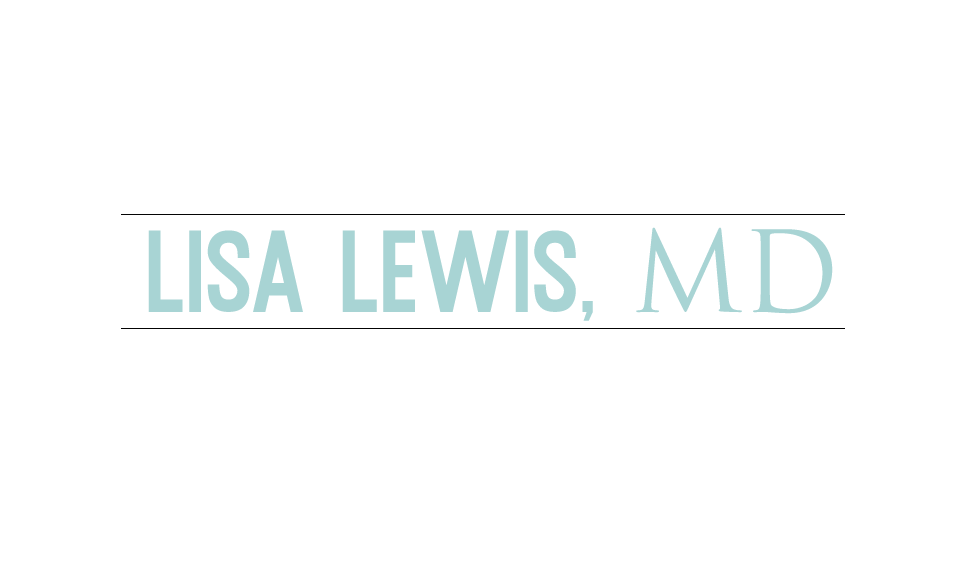Baby Gas Prevention and Treatment
Baby gas (wind if you are in England) is normal, but may be a nuisance if your baby is uncomfortable. Babies get gas because their intestines less mature and aren’t used to feeding. In addition, babies may swallow excess air while feeding or crying.
How can you tell if your baby has gas? All babies get gas. Babies pass gas frequently and this is normal. It may be very obvious—you notice bloating, flatulence, and fussiness. If your baby fusses, turns red, or cries for several seconds with gas, this is not terribly worrisome. If your baby cries excessively and is very gassy, this may indicate a different problem, such as gastroesophageal reflux or an infection. If this happens to your baby, consult your doctor immediately.
How to Keep Gas Away and Make Your Baby Comfortable
Feed your baby at a 45 degree angle. In other words, don’t have your baby’s head low while feeding. Keeping your baby’s head at an inclined angle helps aid digestion and reduces gas.
Try smaller, more frequent feedings. If your baby is bottle-feeding (whether formula or breast milk), try giving him a smaller quantity on a more frequent basis. Smaller more frequent feeds help reduce spitting up and large quantity feeding, which can both cause of gas.
Breast milk helps improve intestinal immunity and reduce gas. Work to ensure that your baby latches for at least fifteen to twenty minutes at each feed. By latching longer, he will get the thicker hind milk, which reduces spitting up and, subsequently, gas.
Burp before and after feeding. Try burping for a good 5 minutes. If you don’t get an audible burp, wait a few minutes and try again. Burping helps eliminate the air in the stomach and make your baby more comfortable.
Use tummy time. Place your baby on her belly, either holding her on your arm (like picture above) or on a flat surface. Gentle pressure on the stomach will help move the gas out.
Give a warm bath. A warm bath can be soothing and relaxing, thus helping the gas problem.
Hold and soothe your baby. If your baby is crying, he will soothe more easily if he is held. You can try rocking him, or changing positions. A baby who is held while crying is more content and fusses less.
Mustard or Coconut Oil Massage. Baby massage enhances contentedness, strengthens the parent-child bond and has health benefits. Research from Infant Behavior and Development notes, “Massage therapy has led to weight gain in preterm infants when moderate pressure massage was provided. In studies on passive movement of the limbs, preterm infants also gained significantly more weight, and their bone density also increased.”
In India, it is common to massage for prolonged periods of time to remove gas and reduce infant fussiness. Ayesha Siddiqua, a blogger at Jeddah Mom states, “In India, mustard oil (sarson ka tel) is used for massaging babies. Especially in the winter, when it is considered good to keep the baby warm. I’ve heard that massaging the belly relieves gas and constipation (colic, too).”
Here are Ayesha’s instructions: “First warm the oil. Take a few drops on the palm of your hand, rub your hands together (this done to ensure that the oil isn’t too hot for the baby’s skin) and then rub the baby’s belly and sides in long strokes.”
Puneeta Chhitwal-Varma, a writer from the blog Maple and Marigold, prefers coconut oil for a baby massage. Puneeta states, “I've always considered mustard oil to be too strong to use for wee ones. I've been told it needs to be heated to the right temp close to smoking and then cooled for use. My mom, though, can't stand the smell and so she never ‘inflicted’ it on us. I am firmly seated on the coconut oil bandwagon!”
Before massaging the feet and chest with mustard or coconut oil, use a “test” spot on your baby the day before. To do this, rub in a quarter size amount of the oil on the lower leg area. If there is no redness or irritation within 24 hours, proceed with your baby’s relaxing mustard or coconut oil massage!
Frequently Asked Questions About Baby Gas
I am breastfeeding. Should I worry that what I eat is causing my baby’s gas? Most of the time there is no correlation between a mother’s diet and breastfeeding. Sometimes, mothers believe that certain foods (such as spicy foods or excess dairy) cause more gas. Some breastfeeding mothers notice excess gas when they drink a lot of milk. If you are breastfeeding and think that a certain food is causing excess gas in your baby, eliminate that food for a week. If you decide to remove dairy or a particular food from your diet long term, check with your doctor so that neither you nor your baby miss out on important nutrients.
What about over-the-counter gas medicine for babies? Some doctors will prescribe simethicone (gas drops). Others use probiotics to help build intestinal immunity that are made especially for babies, such as Gerber Soothe Drops.
The following symptoms could indicate a problem more severe than just a baby with gas:
-Excessive, inconsolable crying
-Diarrhea
-Blood or mucous in stool
-Fever
-Excessive spitting up
If you note these symptoms, contact your doctor immediately for evaluation and care.
As your baby matures, he is likely to outgrow the problem with gas. His digestive tract grows and is able to tolerate breast milk, formula and, eventually, foods without a problem.

